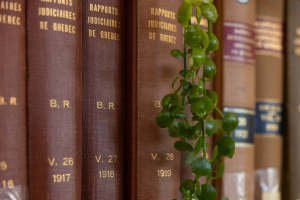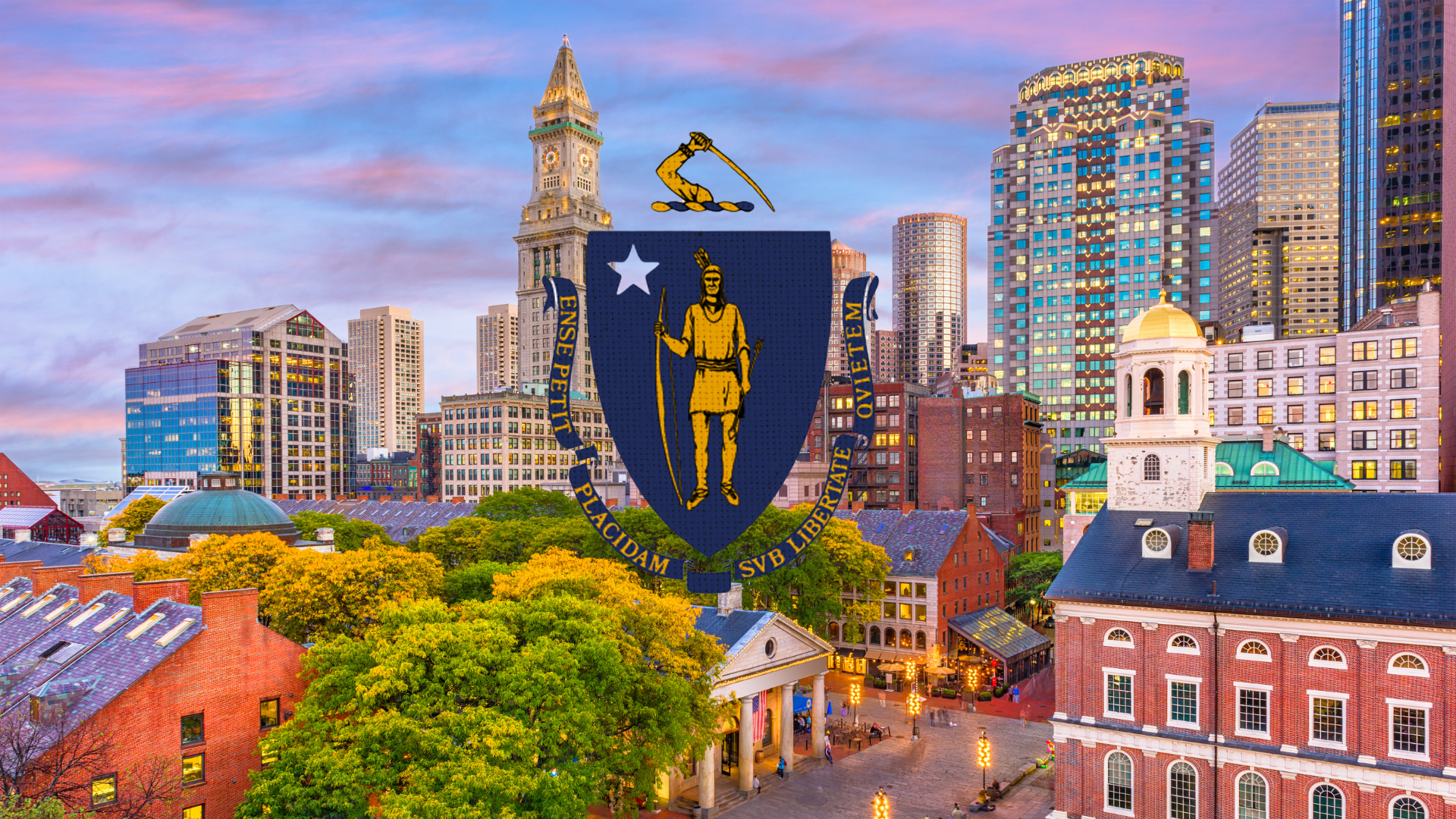Journal of Information, Law and Technology
CanLII: How Law Societies and Academia Can Make Free Access to the Law a Reality
Daniel Poulin
Abstract: The production of law, whether by legislation, judicial rulings or jurisprudence essays, rightfully carries great prestige. Very little of this aura shines, however, on the publisher who compiles up-to-date versions of legislative texts and indexes and who filters and formats judgments and doctrine.
The production of law eclipses its distribution, which expresses itself only relatively modestly, and then finds itself at the margins of normative activity. The following article focuses specifically on the ways law is made available and circulated. Some of the progress achieved in this area in Canada will be outlined, particularly with respect to the development of open publication on the Internet. In this article, Open publishing designates a publishing approach where in legal documents are made available on the Internet free of charge, under a very liberal license allowing for their reproduction.
Recent years in Canada have provided the most favourable conditions for the evolution of the open publication of law. Canadian academics had already started to disseminate primary legal material on the Internet in the early 1990s. It was only when the legal profession got involved, and brought in tangible resources, however, that the work on this significant endeavour began to gain momentum. A partnership between the Federation of Law Societies of Canada and the LexUM Lab of the University of Montreal was then established and CanLII created. At the end of CanLII’s first year, there was no doubt that the partners had been right in joining forces and that their work together was very fruitful.









